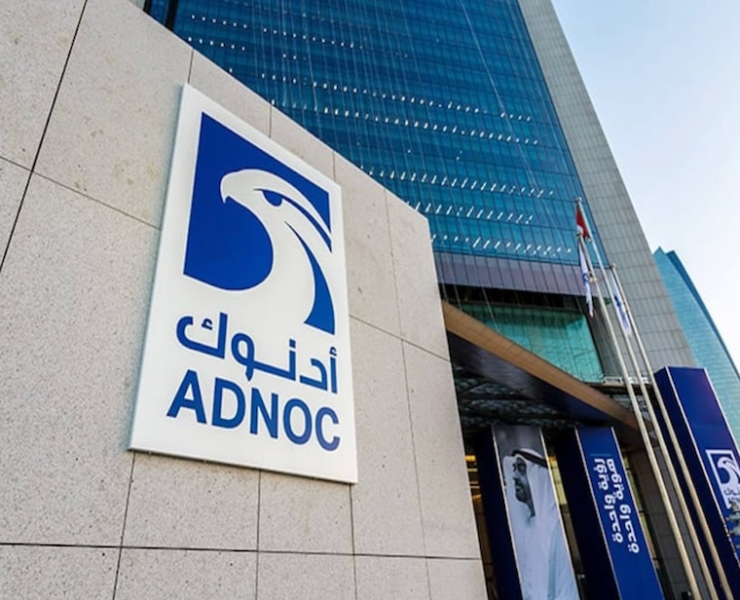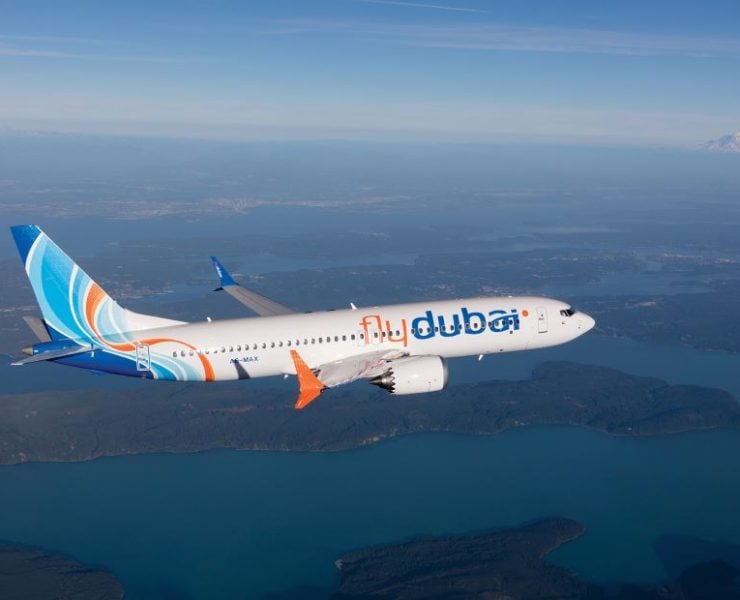Abu Dhabi’s Etihad registers 58% dip in passenger numbers for H1 2020
The carrier’s core operating loss increased by $172m to $758m in the first half of the year

Abu Dhabi-based carrier Etihad Airways ferried 3.5 million passengers in H1 2020, compared to 8.2 million in H1 2019, marking a steep decline of 58 per cent.
The carrier’s core operating loss increased by $172m to $758m in the first half of the year, driven by a 38 per cent drop in revenues, which stood at $1.7bn in H1 2020 compared to $2.7bn in the year-earlier period.
Meanwhile, the carrier’s direct operating costs reduced 27 per cent to $1.9bn from $2.7bn in H1 2019, while a 21 per cent reduction in general and administrative expenses to $0.4bn was also recorded, both driven by management cost containment initiatives and reduced operations.
Available Seat Kilometres (ASK) reduced by 53 per cent to 23.69 billion in H1 2020 compared to 50.35 billion in H1 2019.
Cargo revenues were $0.49bn, an improvement of $130m compared to the same period in 2019, with 254,345 leg tonnes of cargo carried. This was driven by an increase in demand and a spike in cargo fares.
The core operating result for the first three months of the year improved by 34 per cent, despite the onset of the Covid-19 pandemic, with a 12 per cent reduction in passenger numbers.
However, the airline saw a significant decrease in Q2 operating revenues following Covid-19 flight suspensions, with 70 per cent of its fleet grounded. This period registered a 99 per cent drop in passenger numbers.
Tony Douglas, group chief executive officer, Etihad Aviation Group, said: “Etihad faced a set of enormous and unpredictable challenges in the first six months of the year. We started 2020 strong, and recorded encouraging results as part of our continuing transformation programme. This left us in a relatively robust position when Covid-19 hit, allowing us to act with agility, and to mobilise all available resources as the crisis deepened, taking major steps to reduce costs through a wide-reaching series of measures.
“While we have revised our outlook for the rest of 2020 based on current realities, we remain optimistic that as international borders re-open, we will increase our flying and carry more guests securely and with greater peace of mind, supported by the Etihad Wellness programme and our new Wellness Ambassadors. By September, we aim to increase our worldwide flights to half our pre-Covid-19 capacity.”
Etihad operated up to 40 of its fleet of 97 passenger aircraft in Q2, including Boeing 787 Dreamliners, 777-300ERs, and Airbus A320 family aircraft as belly-hold cargo freighters to complement Etihad Cargo’s operational fleet of six 777-200F freighters.
Between March 25 and June 15, over 640 special passenger flights were operated to 45 online and offline destinations.
Adam Boukadida, chief financial officer, Etihad Aviation Group, said: “This year started strong, riding on the positive momentum gained in 2019, and by the end of the first quarter, the airline was on track to achieve a 2020 EBITDA of $900m (2019: $453m). Etihad managed to maintain a satisfactory level of liquidity despite a major drop in revenues, while continuing to raise new liquidity facilities supported by local and international financial institutions. This was supported by maintaining an ‘A with a stable outlook’ Fitch rating in April, at the height of the pandemic.”




